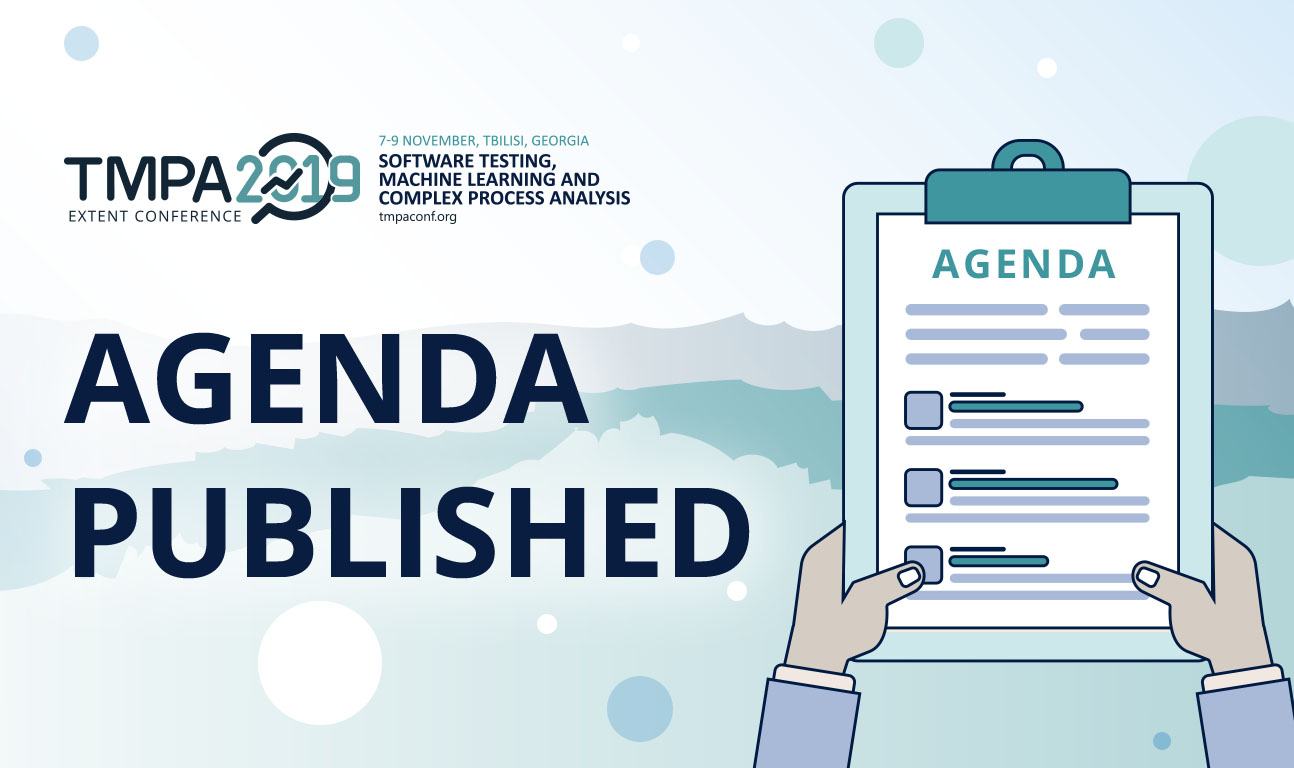TMPA-2019: speakers
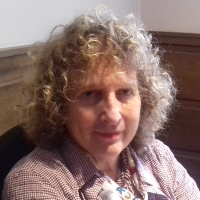 |
Ana Rosa CavalliProfessor, Telecom Sudparis |
Passive testing techniques in practice: experiences and lessons learned
Abstract: Testing techniques are used to check if a given system implementation satisfies its specification or some predefined properties. These testing techniques can be active, based on the execution of specific test sequences against the implementation under test, or passive, based on the observation of the exchange of messages (input and output events) of the implementation under test during run-time. In the last years an important research activity has been taken place on the definition of monitoring techniques based on passive testing and verification techniques. In this talk, we will present the main characteristics of monitoring techniques, their advantages and limitations. We will also present the monitoring in practice; in particular, we will present the Montimage Monitoring Tool, an industrial prototype developed by the SME Montimage.
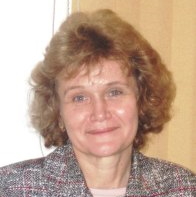 |
Irina LomazovaProfessor, National Research University Higher School of Economics |
Petri nets and their extensions: expressibility and ease of modeling
Abstract: The modern computational paradigm shifts from traditional centralized computing on workstations, servers, or groups of servers, to distributed, decentralized, loosely coupled computing (cloud, ubiquitous, etc.). Correctness and safeness of distributed systems is a matter of utmost importance, and formal methods are used for modeling and analysis of such systems.
Petri nets is an automata-based formalism underlining many commonly used process model notations such as BPMN, EPC, and UML. In addition, many process analysis methods, from verification to discovery and conformance checking, are based on Petri net theory. In this talk, we give a brief overview of classical Petri nets and their extensions designed for modeling and simulation of complex systems.
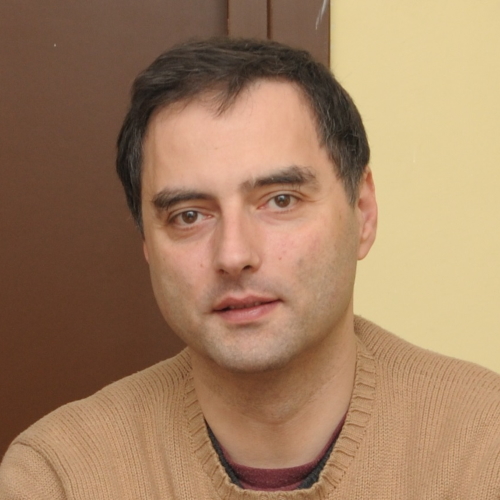 |
Alexander GamkrelidzeProfessor, Ivane Javakhishvili Tbilisi State University |
Applications of Computational Topology to AI
Abstract: In this talk, we give a brief survey of the possibilities to improve machine learning and big data analysis techniques using topological ideas.
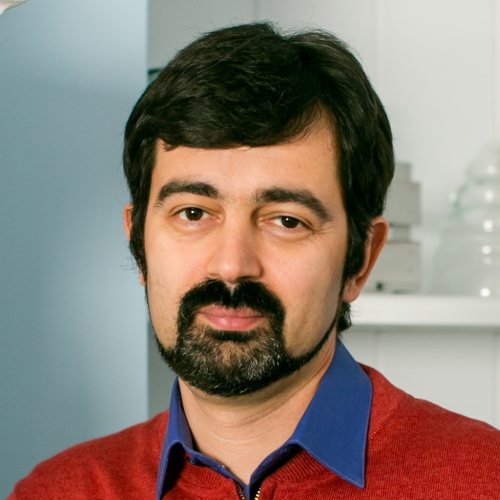 |
Vladimir ItsyksonDirector of the Higher School of Intelligent Systems & Supercomputer Technologies, Peter the Great St. Petersburg Polytechnic University |
Partial Specifications of Libraries: Applications in Software Engineering
Abstract: In recent times, modern software has been built with the help of third-party components reuse. The main problem of using external components is the lack of an exhaustive description of their structure and behavior. The authors usually accompany their library only with a short textual description or several examples of use. The lack of detailed formal descriptions leads to integration errors.
This talk presents the approach to software integration and verification. It is based on formal specifications of program libraries. Such specifications describe a libraries structure and libraries visible behavior. Users can create specifications by means of special DSL called LibSL. We will present several applications in software engineering where partial specifications may be used to improve quality of software: integration bug detection, porting of programs, cross-language software integration etc.
Ana Rosa Cavalli
Professor, Telecom Sudparis
Ana Rosa Cavalli has obtained her Doctorat d'Etat es Mathematics Science and Informatics, from the University of Paris VII, in 1984. In 1981, she integrated the LITP (Laboratoire d'Informatique Théorique et Programmation), C.N.R.S., Paris, where she worked on proof methods for temporal logics and their application to communication protocols. From 1985 to 1990, she was a researcher in the department Languages and Switch Systems, at CNET (Centre National d'Etudes des Telecommunications), where she worked on software engineering and formal methods.
She has been professor at Institut Mines Telecom/TELECOM SudParis since 1990, and director of the Software-Networks department from 2005 to 2015. She is professor emeritus since March 2015. She is also a member of the research laboratory CNRS SAMOVAR. She was responsible for SAMOVAR's AVERSE team, from 2003 to 2010.
Her research interests are on specification and verification, testing methodologies for conformance and interoperability testing, active testing and monitoring techniques, the validation of security properties and their application to services and protocols. She has been the leader of the European Marie Curie network TAROT (Training and Research on Testing) and participates to several national and international projects: ASK IT, NetLab, POLITESS, WebMov, SHIELDS, CARRIOCAS, Robust Testing, HIPNQSIS, NOTTS, INTER-TRUST, MEASURE.
She is member of the Steering Committee of the IFIP ICTSS conference and also member of the Program Committee of numerous international conferences. She has been be domain chair of ICNP 2009, and co-chair of the IEEE ICST 2010, SETOP 2010, ICTSS 2017, AINA 2017, QRS 2018, WiMov 2018 and 2019, QUATIC-2018 and 2019 (co-chair of track on safety and security) and IWANN 2019 conferences.
She has published more than 200 papers in journals and international conferences of high quality.
Irina Lomazova
Professor, National Research University Higher School of Economics
Irina A. Lomazova is a Professor at the Faculty of Computer Science of National Research University Higher School of Economics, Moscow, Russia. She is also the Head of Laboratory of Process-Aware Information Systems (PAIS Lab). She holds a Diploma and a PhD in Mathematics from Novosibirsk State University, Russia, under the supervision of Prof. B.A. Trakhtenbrot. Then she was Associate Professor at Krasnoyarsk State University, Russia, Senior Researcher in Program Systems Institute of Russian Academy of Science. She is author of two books and over 100 refereed papers concerning program semantics and analysis, formal methods, concurrent and distributed systems, process modeling and analysis. Her current interests focus on formal methods for modeling and analysis of distributed multi-agent systems and process mining. She is a member of IEEE Task Force on Process Mining. She was a Visiting Professor/Researcher at HumboldtUniversität zu Berlin, Germany, École normale supérieure de Cachan, France, Eindhoven University of Technology, Netherlands, University of Turku, Finland, University of Siegen, Germany.
Vladimir Itsykson
Director of the Higher School of Intelligent Systems & Supercomputer Technologies, Peter the Great St. Petersburg Polytechnic University
Vladimir Itsykson graduated from Saint Petersburg State Technical University (now - Peter the Great St. Petersburg Polytechnic University) in 1996 and continued his education in Polytechnic University as a PhD student. In 2000 he successfully defended his PhD thesis “Research and design of models and software for computer systems simulation”. Since 2000 he had been working as an associate professor of Automation and Computer Systems (now -Computer Systems & Software Engineering, SC&SE) department. In 2015 he became the head of Computer Systems & Software Engineering department. Since September, 2019 he is the Director of the Higher School of Intelligent Systems & Supercomputer Technologies.
Since 2000 he has been the head of Digitek labs. Digitek is one of the R&D divisions of CS&SE department. The main activities of the laboratory are related to the research and development of software and hardware design and verification.
Vladimir Itsykson is the author of 100+ journal & conference papers in the area of program analysis and software specifications.



